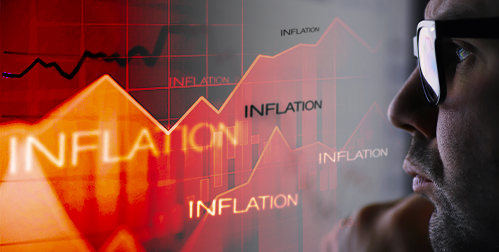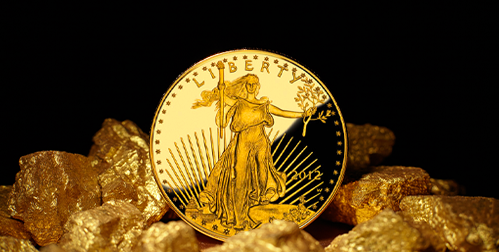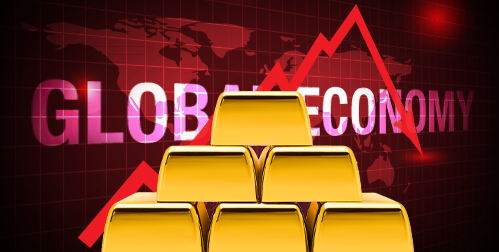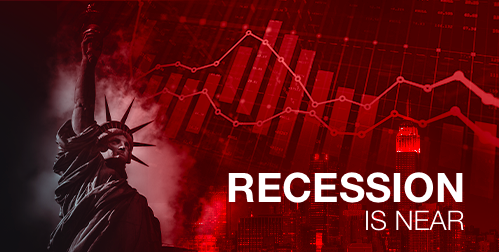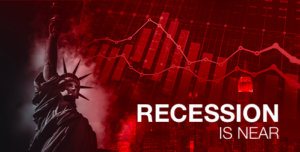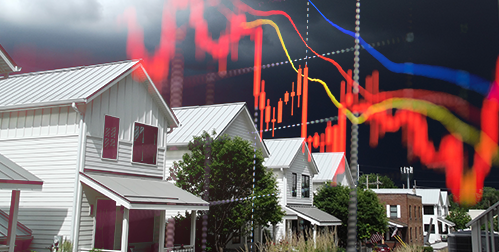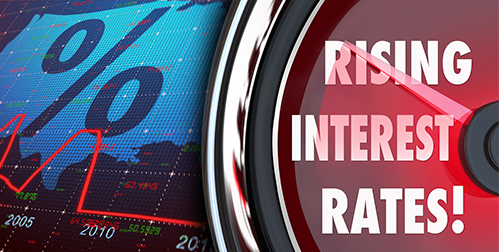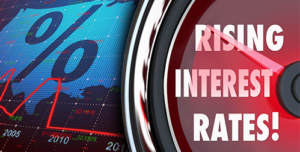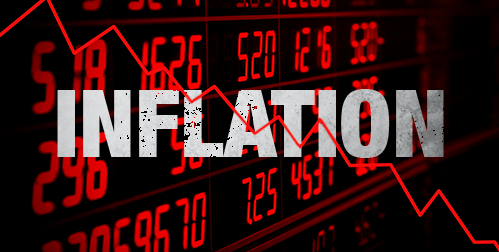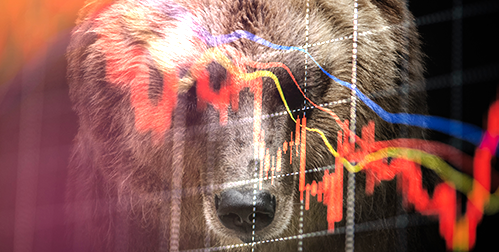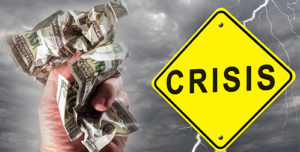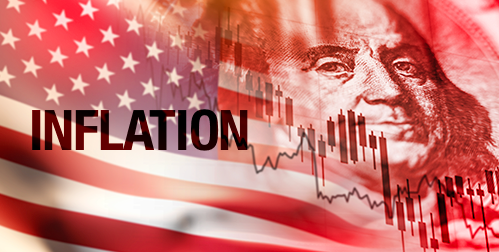- Stocks, bonds and cryptocurrencies continue to experience epic drops in prices
- Gold has maintained its value in the face of runaway inflation, rising interest rates and the threat of recession
- Analysts and history point to gold prices continuing to rise as global uncertainty increases
Gold Stands Above the Rest
The global economy has been rocked by war, pandemic, inflation, and broken supply chains. As a result, stocks, bonds, and cryptocurrencies have all seen epic downfalls this year. The gleam of gold is the one shining light in the middle of it all. Gold remains solidly secure within its one-year average.
Major indexes have notched big declines in 2022 due to high inflation and rising interest rates. Growing concerns about corporate profits and economic growth have dented investor appetite for risk. The blue-chips are down 18% this year, while the S&P 500 is down 23% and the tech-heavy Nasdaq Composite has fallen 32%.1
Gold prices are typically lowest in the June to August timeframe. The high for the year was $2,080 per ounce in March. The price rose because of Russia’s invasion of Ukraine. The low for the year was $1,780 in January. Right now, gold is hovering around the $1,800 mark. That price point is where the 52-week moving average lies. Historically speaking then, gold is surpassing expectations. 2
Gold prices were hemmed in a tight range on Tuesday. Prospects of higher interest rates challenged bullion’s safe-haven appeal while recession risks boosted it. Typically, rate hikes dim gold’s appeal by increasing the opportunity cost of holding the asset which pays no interest. “The yellow metal is being pulled in two directions as a hawkish Fed regime clashes with recession fears,” said TD Securities in a note.3
So it can be seen that gold is also doing exactly what it is supposed to: preserve its value and protect capital. Meanwhile, wealth held in securities continues to erode. According to Federal Reserve Bank data, Americans lost half a trillion dollars in wealth in early 2022. 4
Gold is holding its own even as the U.S. dollar gains in strength. A rising dollar usually lessens bullion demand from overseas buyers. Gold is actually doing better against other currencies. It is not far off its all-time highs against the pound, the yen and the euro. Analysts predict that as those currency markets are tightened to fight inflation, the dollar will drop. As the dollar drops, the price of gold is expected to go higher.
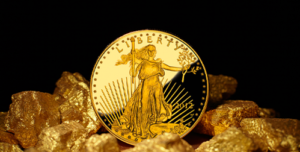
Gold Forecasts
Goldman Sachs has upgraded their year-end gold target to $2,500 an ounce. In their report, the bank stated that threats of recession would lead to higher gold prices. It also believes that the risk of inflation is likely a strong factor to influence gold prices this year. Goldman has said that inflation expectations may become “unhinged.” Inflation has become far from transitory as the Fed once predicted.
The Goldman report also said that in any scenario where inflation increases rapidly and sustainably, gold will likely outperform other assets. The report stated this is because gold is a physical asset with no liabilities. Its value cannot be eroded by inflation like other assets such as bonds and equities.5
War, soaring inflation, a looming recession, and the specter of stagflation are recalling images of the 1970s. While everything looked grim then, gold had one of its best decades. It went from $35 an ounce in 1971 to $850 an ounce in 1980.
The global economy is wracked with challenges. There is out-of-control inflation, geopolitical instability, and escalating de-globalization. Around the world, leadership is losing the faith of the people as their failures mount. All of these conditions are driving investors to gold. The precious metal continues to prove itself as a store of wealth in all the uncertainty. A Gold IRA from American Hartford Gold can deliver the peace of mind that safe haven assets offer. Contact us today to learn more.
